Donald Trump’s second presidential term is full of support for digital currencies, and Indian digital asset exchanges and the Web3 industry are celebrating.
“Crypto is the future. Let’s embrace this incredible technology and lead the world in digital economy,” Trump said in October. No wonder BTC, the largest digital currency by market capitalization, hit $80,000 for the first time after Trump’s victory on November 6 as investors stayed positive over his second term.
“As an Indian startup founder, I see this as a pivotal moment for global crypto… The direct effects of Trump’s policies might not alter India’s regulatory environment right away. However, global sentiment and investor behavior will be influenced, eventually reaching India,” tweeted Sumit Gupta, co-founder of digital asset exchange CoinDCX.
“He’s committed to supporting the US crypto ecosystem and introducing tax incentives for crypto investments. These policies make the US more attractive for crypto, potentially opening up enhanced funding opportunities and partnerships for Indian startups as investors seek global growth.”
Gupta’s comments come when India, the world’s biggest democracy, has turned a deaf ear to the industry’s requests to reduce taxation on digital asset trading.
India imposes a 30% flat tax on all digital asset income from April 2022 and a 1% tax deducted at source (TDS) from July 2022 on all digital asset trades above 10,000 Indian rupees (US$118). The country also does not allow digital asset traders to offset losses against gains. As a result, India would likely witness a loss of $1.2 trillion in trade volume on domestic exchanges in the coming years, Esya Centre, an Indian policy think tank, claimed. The study also points out that due to the imposition of harsh tax measures, as much as $3.85 billion moved to overseas digital asset trading exchanges as traders look to evade punishing taxes in India.
The Web3 industry has been requesting the government to establish a level playing field for virtual digital assets (VDAs). The requests include reducing TDS from 1% to 0.01%, allowing offsetting and carrying forward losses, and treating income from VDAs at par with other capital assets. However, the requests have fallen on deaf ears so far.
“With global standard-setting bodies (SSBs) recognizing the international nature of crypto assets, regulatory clarity in a major jurisdiction like the US has the potential to set a favourable precedent for the entire crypto landscape.. Such clarity would not only guide global standards but also provide a stable framework, ultimately benefiting Indian startups and investors by facilitating cross-border compliance and fostering innovation on a global scale,” Gupta said.
A wild digital currency ride?
The victory of Donald Trump, a pro digital assets candidate, would strengthen the call for a supportive regulatory framework, which may encourage more institutional investment and innovation in the industry, Dilip Chenoy, chairperson of Bharat Web3 Association, said in an emailed statement.
“At Bharat Web3 Association, we advocate for supportive policies, believing that they will help stabilize the market and promote the adoption of Web3 technologies,” Chenoy said.
Trump’s push for a weaker dollar might supercharge U.S. exports, but will also set the stage for a wild financial ride, pointed out Raj Kapoor, founder of India Blockchain Alliance.
“As the greenback dips, foreign investors could be eyeing new territory to protect their wealth—and all signs point to BTC as the go-to hedge. A dollar shake-up like this could send crypto markets soaring, making BTC the hot alternative asset for those looking to ride out the storm,” Kapoor told CoinGeek.
While India is looking to regulate the digital assets space, Finance Minister Nirmala Sitharaman said in March that digital currencies cannot be a legal currency in India; they are simply assets for trading and speculation. Though the Reserve Bank of India (RBI) insisted on a complete ban, the government imposed one of the harshest taxes on digital asset trading.
“Trump’s stance on reducing regulatory hurdles also means the US could serve as a blueprint for other countries. As the US market evolves with supportive regulations, it sets a precedent that could inspire regulators worldwide, including in India, to foster a stronger, more resilient crypto environment,” Gupta noted.
Growing interest
America’s first ‘crypto president,’ committed to making the world’s largest economy a ‘crypto capital’ with plans to integrate Bitcoin into national reserves, has already led to significant surge in digital asset prices and trading volumes worldwide.
“The surge in crypto trading volumes in India following Trump’s election indicates growing domestic interest,” Rohan Sharan, founder and chief executive of Timechain Labs, an on-chain application development firm utilizing BSV blockchain technology, told CoinGeek.
BTC galloped to over $91,000 with a year-to-date gain of more than 100%, sending its total market capitalization to $1.82 trillion. Indian crypto exchanges, which were grappling with a volume drop of 90% since the imposition of 1% TDS, have reportedly witnessed five times higher trade volume after Trump’s victory.
“With the U.S. potentially easing crypto regulations under Trump’s leadership, India may feel compelled to reassess its stringent policies to remain competitive in the global financial landscape. A more crypto-friendly U.S. could lead to increased international adoption of digital assets, prompting India to consider regulatory frameworks that balance innovation with security,” Sharan explained.
“While India has valid concerns, the evolving global landscape may encourage a more nuanced strategy that embraces the benefits of digital assets and blockchain technology while mitigating associated risks,” Sharan added.
Watch: ‘Disruptive’ blockchain can be useful for India


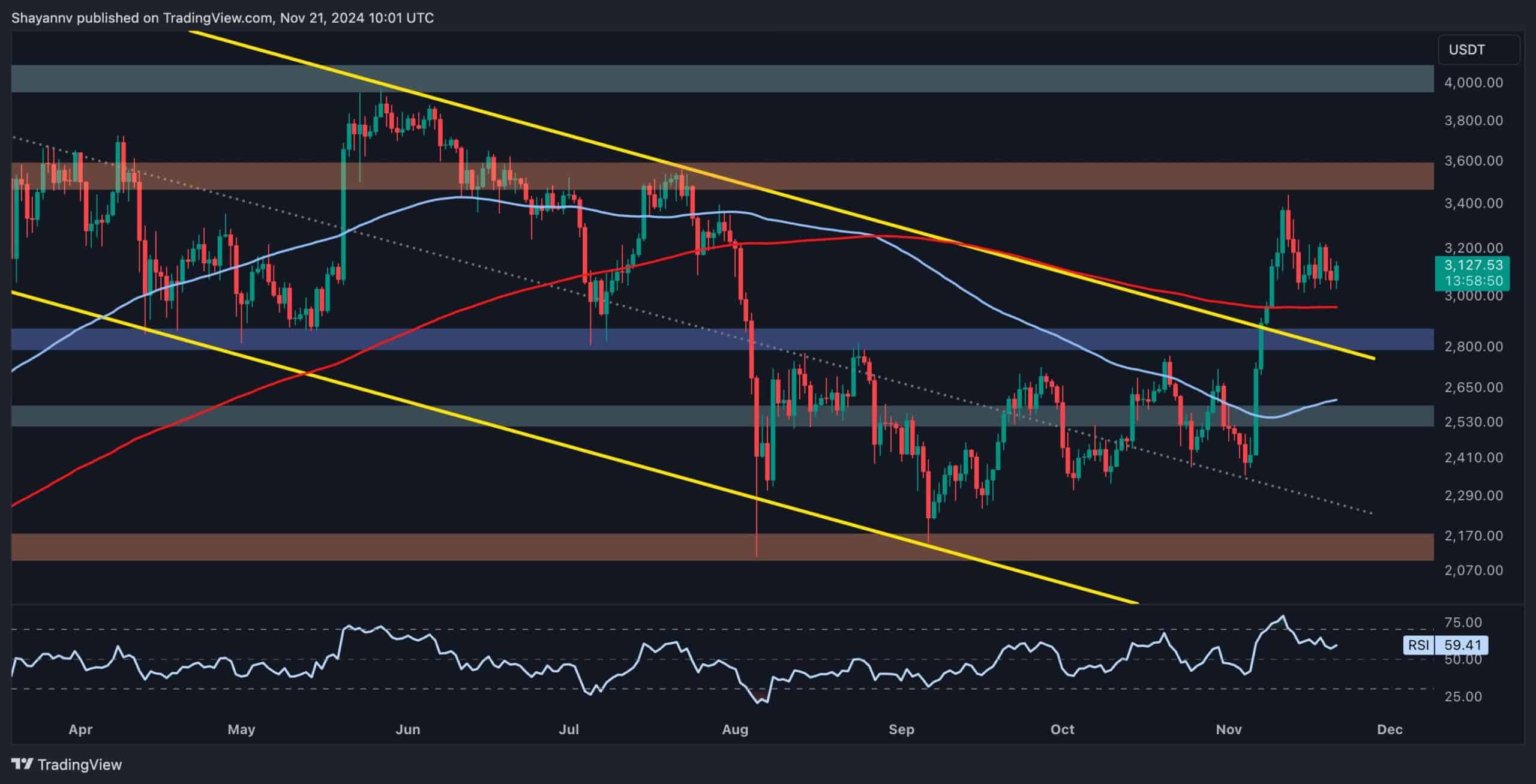


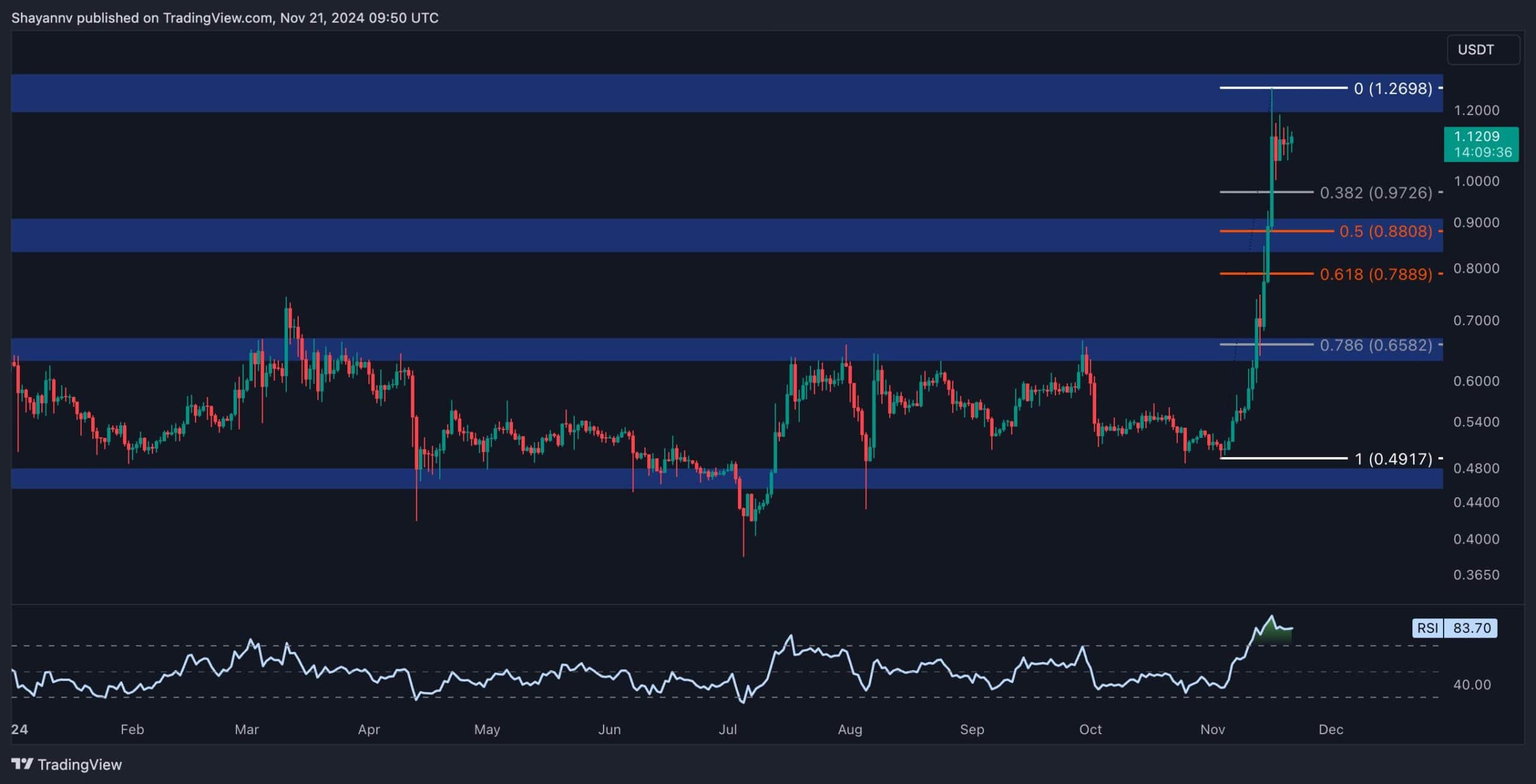
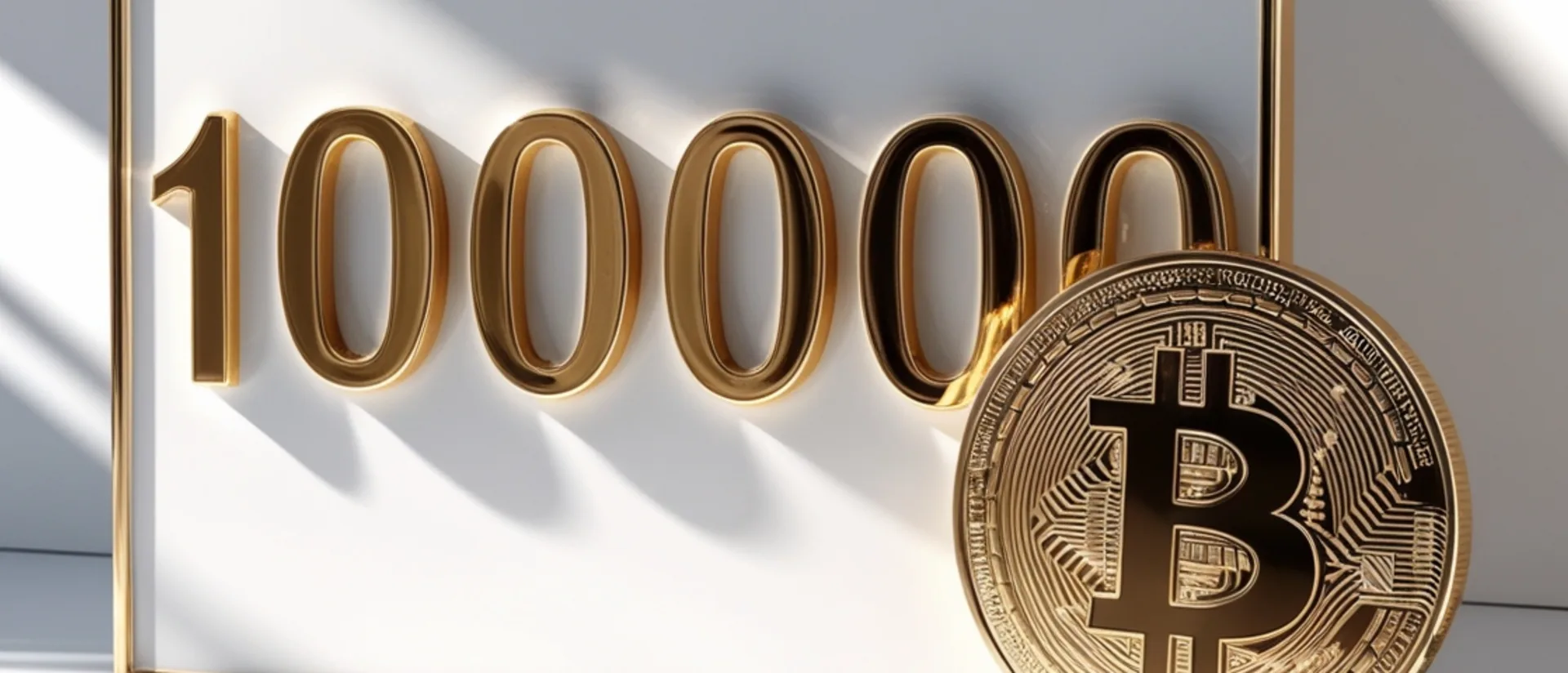
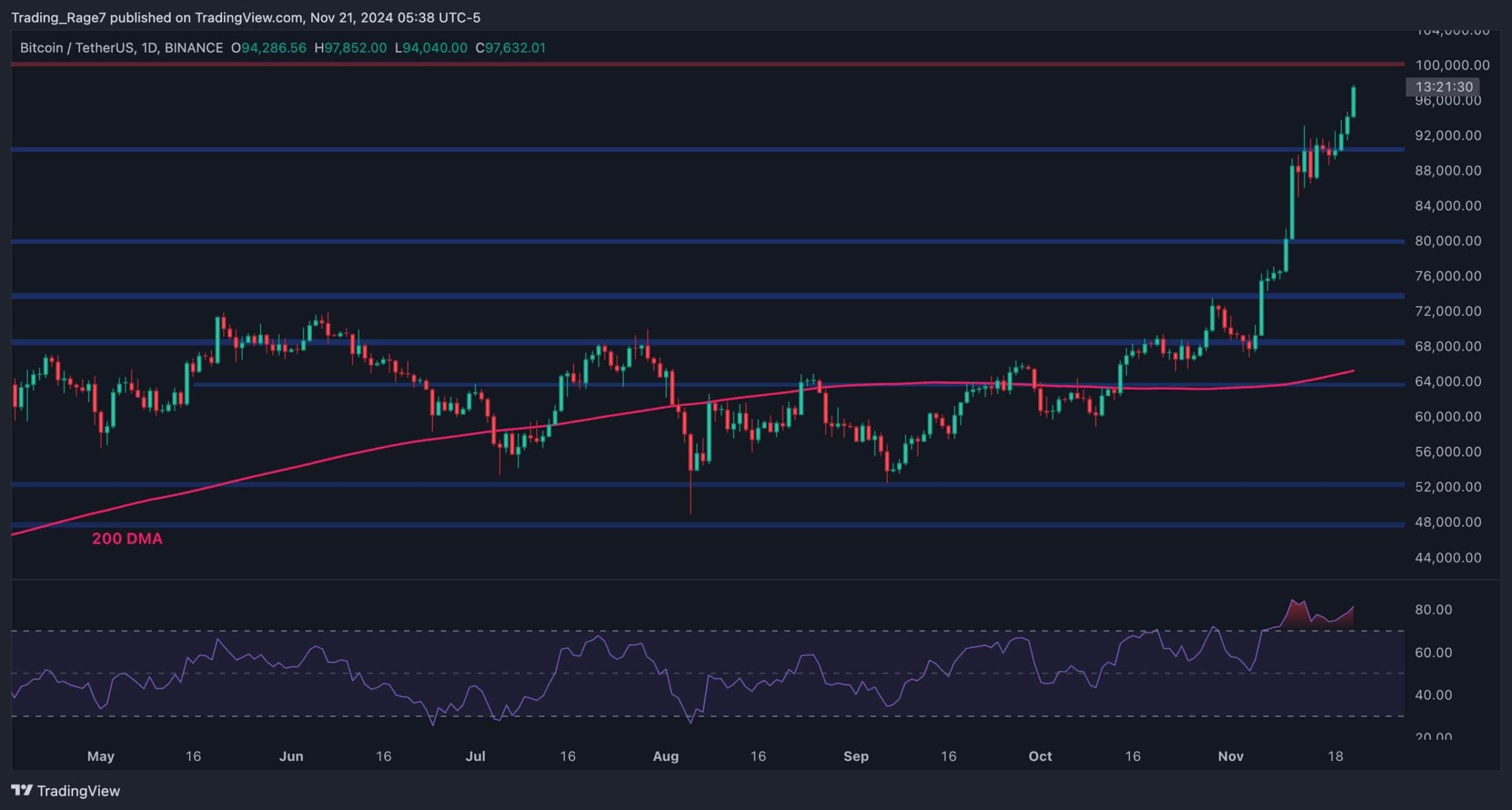
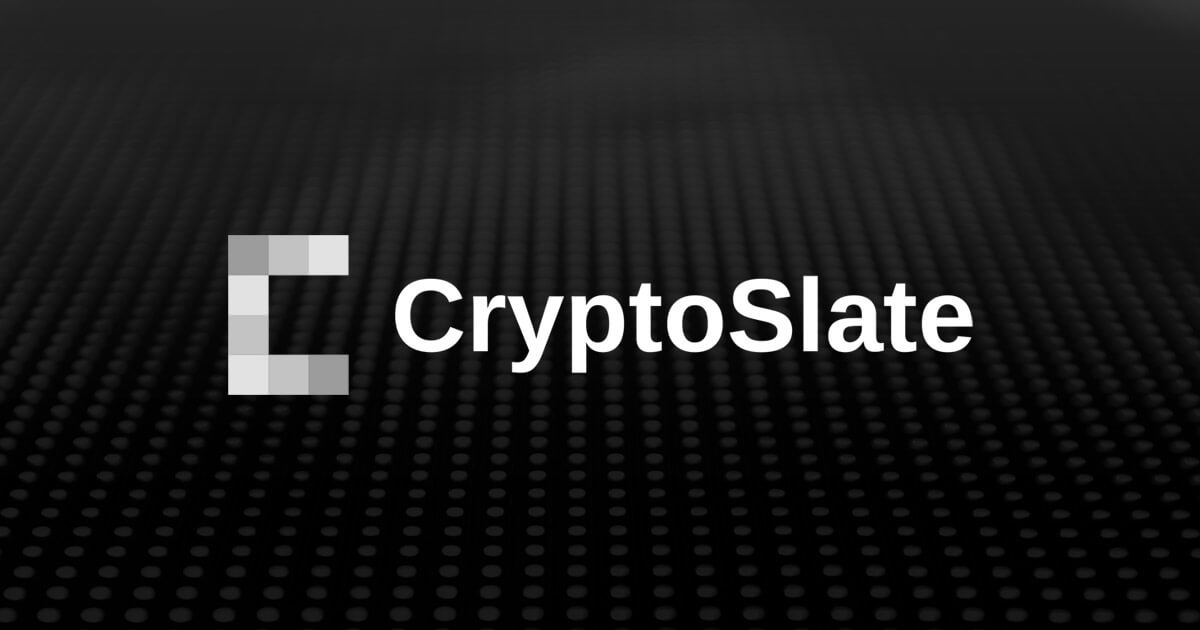

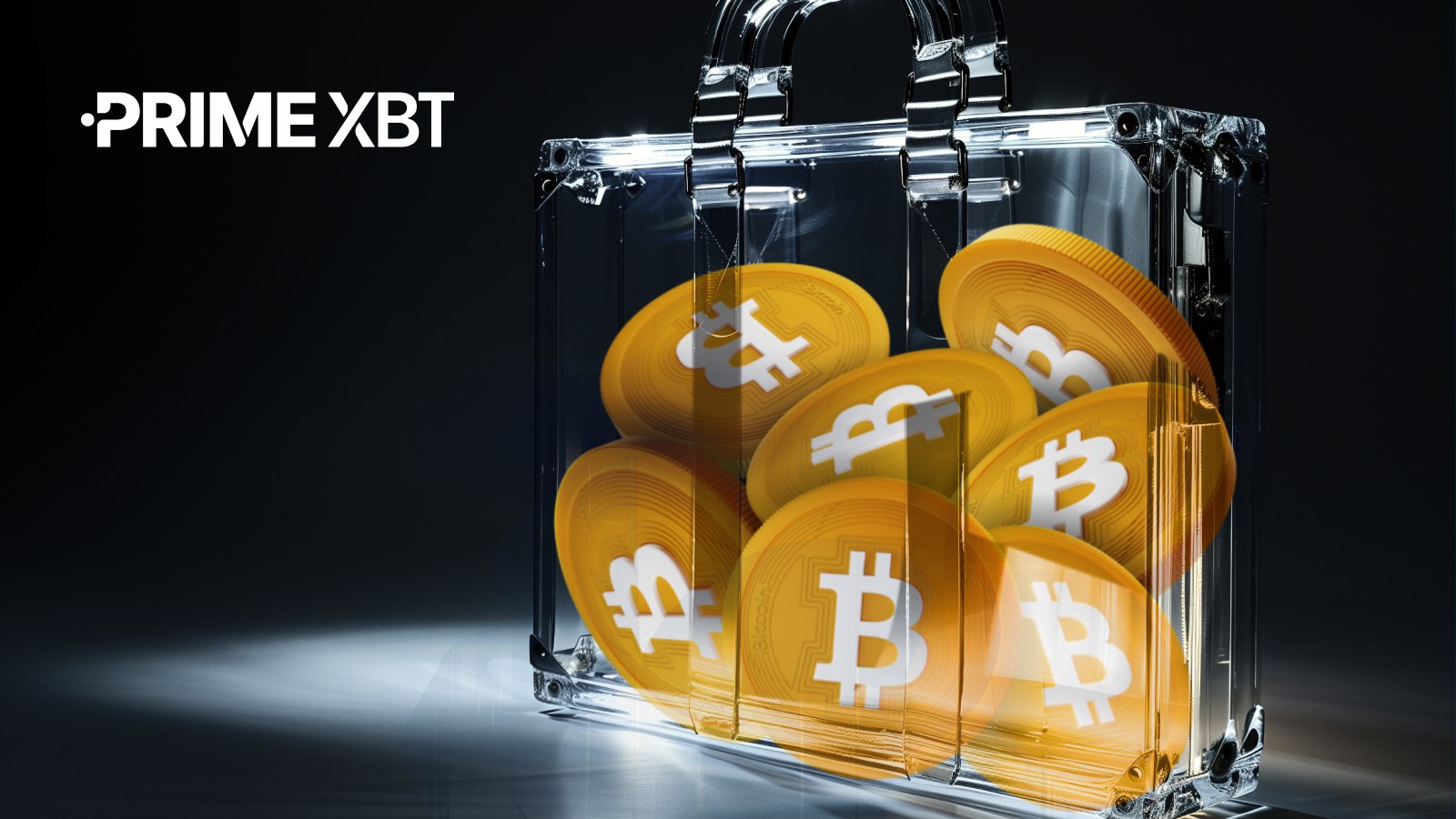
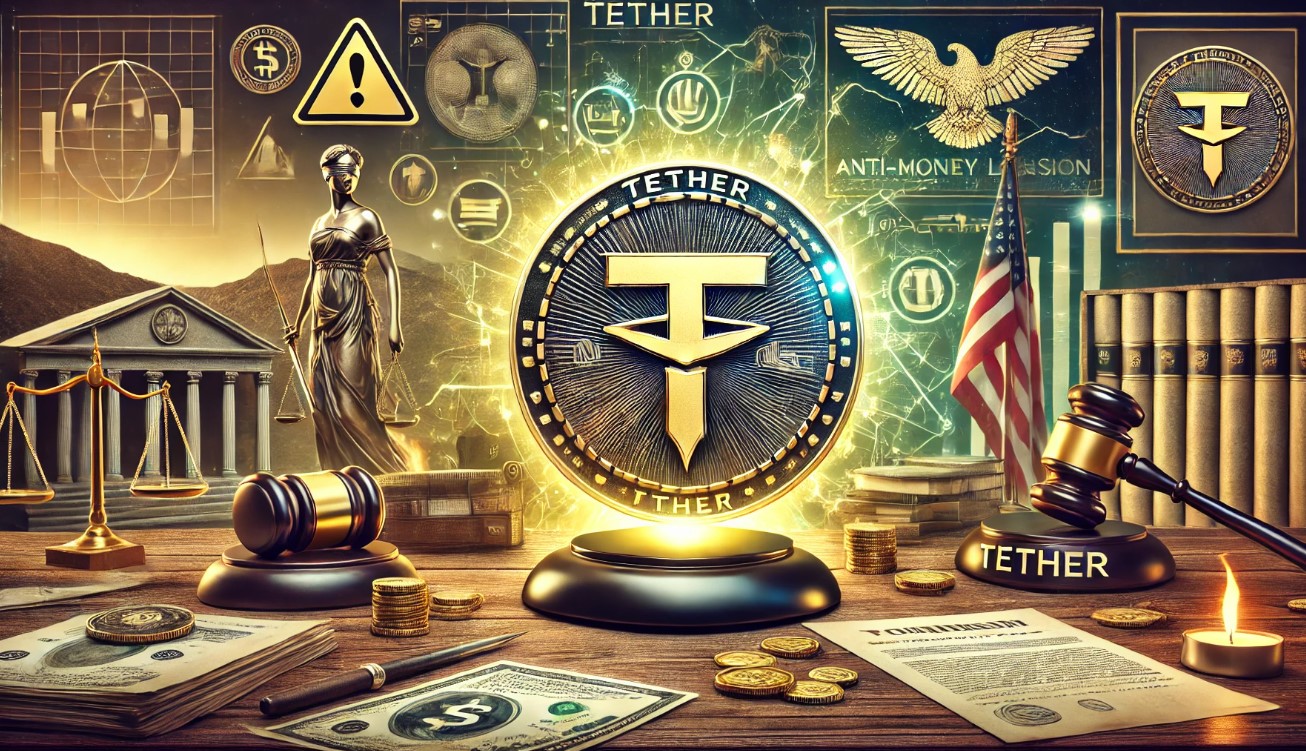





 English (US) ·
English (US) ·